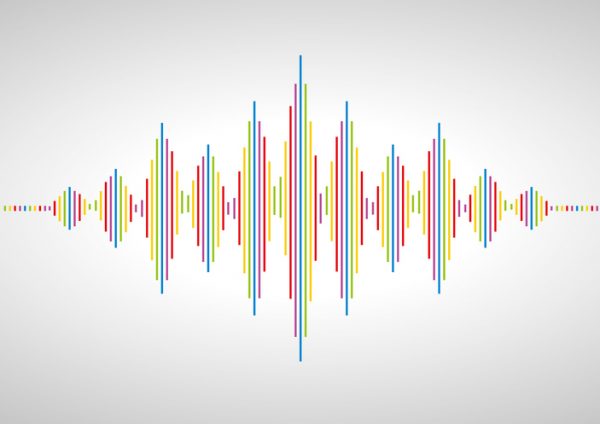
Certain patients at Cedars-Sinai in Los Angeles are getting a taste of voice tech.
Through a new pilot project, more than 100 patient rooms at the hospital are equipped with an Alexa-powered platform called Aiva, which patients can use to control their entertainment and interact with nurses.
Here’s how it works: The select patient rooms contain Amazon Echos. Individuals can ask Alexa to turn off and on their TV or change the channel.
They can also request nurse assistance by saying something like “Alexa, tell my nurse I need to get up to use the bathroom.” The request is then sent to the appropriate caregiver’s mobile phone. A bathroom request would be routed to a clinical partner, while a pain medication request would be sent to a registered nurse. If the request isn’t answered in a timely manner, Aiva sends it up the chain of command.
The Echo devices also include standard Alexa features, enabling patients to ask for games, music, weather and sports information.
“Patients young and old are now used to voice-activated devices in their homes. Since it’s familiar to them, it helps enhance their hospital experience,” Peachy Hain, Cedars-Sinai’s executive director of medical and surgical services, said in a statement. “In the hospital, patients have little to distract them from pain or loneliness.”

A Deep-dive Into Specialty Pharma
A specialty drug is a class of prescription medications used to treat complex, chronic or rare medical conditions. Although this classification was originally intended to define the treatment of rare, also termed “orphan” diseases, affecting fewer than 200,000 people in the US, more recently, specialty drugs have emerged as the cornerstone of treatment for chronic and complex diseases such as cancer, autoimmune conditions, diabetes, hepatitis C, and HIV/AIDS.
Aiva Health, a startup based in Los Angeles, relies on Amazon Echos, Google Homes and other voice assistants as it seeks to increase clinician and patient satisfaction. The company, whose investors include tech giants Amazon and Google, made the cut for the Cedars-Sinai accelerator’s third class of startups in the fall of 2017.
“Smart rooms are all about improving satisfaction for both patients and nurses,” Aiva founder and CEO Sumeet Bhatia said in a statement. “Cedars-Sinai and Aiva are giving patients more entertainment options, more control over their environment and closer communication with their care team.”
Photo: lvcandy, Getty Images














